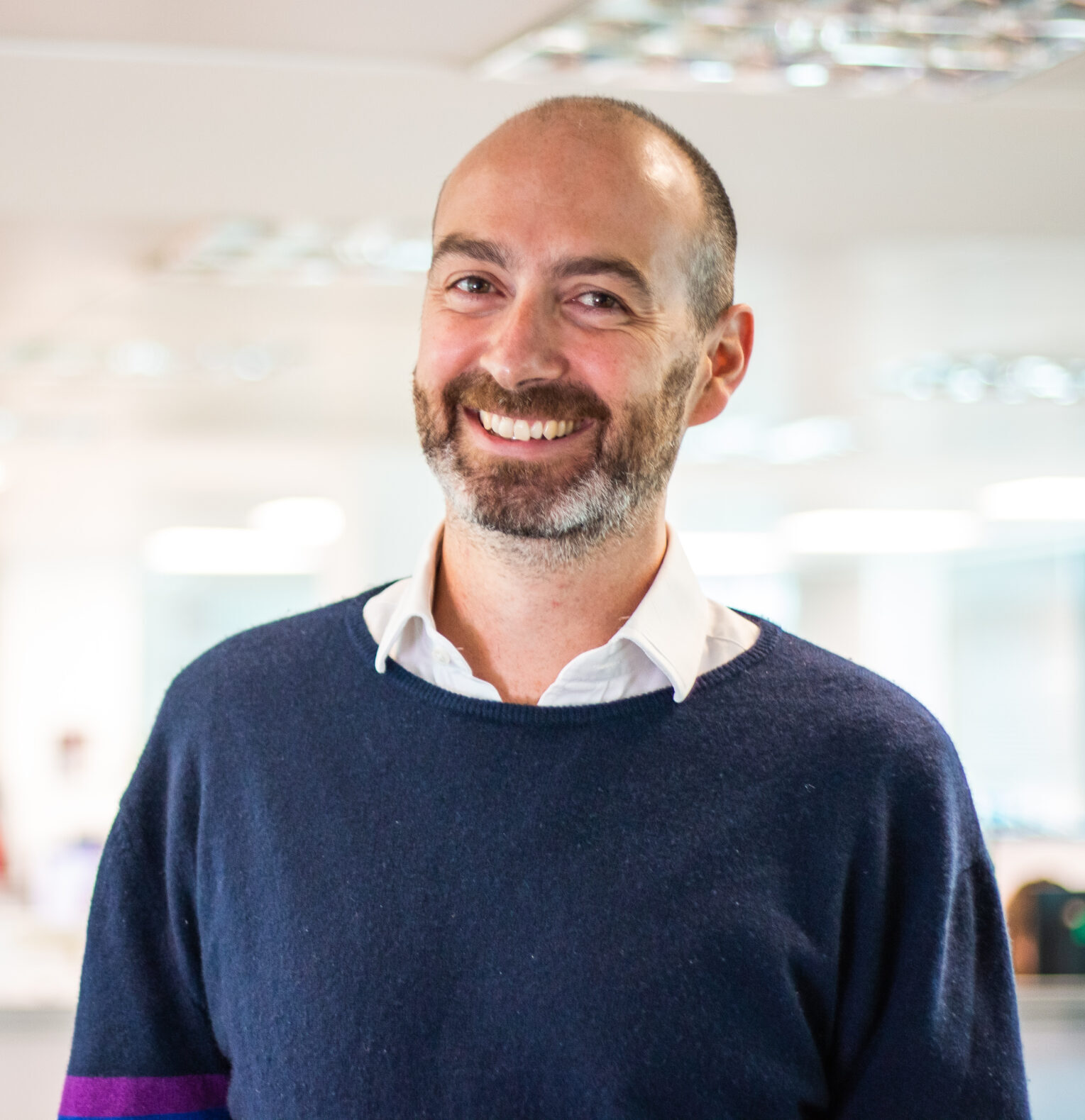ASCO unpacked: Signals for optimising healthcare comms

Earlier this month, more than 45,000 oncology stakeholders convened at the American Society of Clinical Oncology (ASCO) congress in Chicago to share, learn, and debate the latest cutting-edge advances in cancer, all with one goal: to help improve patient care. And that is something we can all get behind given the societal impact of cancer across the globe.
ASCO has been a major part of our world for the last 20 years, and I’ve been lucky enough to attend many times, helping the biggest oncology houses to the most infant of biotechs make their mark in the tantalising, yet tremendously competitive, world of oncology. Here’s my take on what stood out at ASCO 2025 and what it means for our industry:
Back to the future
Antibody-drug conjugates (ADCs) hit the scene in oncology many moons ago – in fact, this year marks 25 years since the first ADC was approved. But in recent years, souped-up versions of these precision medicines have reminded us of the mettle of this transformative modality.
At ASCO 2025, we again saw a strong showing of groundbreaking clinical data from these ‘next-generation’ ADCs in prevalent tumour types, as well as hard to treat and rarer cancers. One of the challenges of healthcare communications that I’ve seen our teams embrace is how we make an ‘old’ modality like ADCs seem relevant today when attention is naturally drawn to ‘newer, shinier’ approaches like radioligands, and cell and gene therapies.
Part of the answer might come from how next-gen ADCs, alongside other therapies, could help solve one of the biggest challenges in oncology – treatment tolerability and patient experience. The side effect profiles of current treatments and, more importantly, their quality-of-life impact are often cited as the most debilitating part of the disease. Patients need smarter and kinder therapies, and technological innovations as exemplified by next-gen ADCs are enabling improvements in treatment tolerability and patient experience.
Bigger picture, this has enabled patient centricity to be far more prominent in the drug development process and that means it’s increasingly important to infuse more patient-first messaging into communications, acknowledging patient needs and explaining how novel science could help solve some of them. As experts and communicators, it’s our duty to amplify the patient voice through every part of the product lifecycle to help develop not only an important medicine for a company, but also one that is valued by those who matter most.
From high science to clear communications
It’s incredible to think that some of the science behind the innovations being presented at ASCO this year didn’t even exist a decade ago. While the degree of scientific innovation continues to sizzle in this ultra-competitive field, this increasingly means that we are communicating very complex scientific approaches that are all vying for their piece of the limelight.
This can create a gulf between what a company wants to say and what the oncology community, and ultimately patients, want to hear. There’s a fine line to tread to keep all stakeholders happy, and the onus is on healthcare communicators to understand and articulate the ‘so what’ of the science and data and, more importantly, what this tangibly means for patients.
This means leading with concise, compelling messaging and storytelling. Simply put, if you can’t distill the science and clinical data into a compelling simple story, then frankly you can’t expect your end users to understand its benefits. To ensure that messaging (and overall communications) lands well, pressure testing with expert groups always pays dividends – be that a patient panel, expert advisory board, or a team of healthcare media relations experts providing important counsel to elevate what we do and how we go about doing it to ensure our communications cut though the noise to deliver strong ROI.
The AI-lephant in the room
Talking of innovation, setting a totally new pace for how the pharma industry innovates is the integration of AI into healthcare.
At ASCO, we gleaned examples of the increasingly prominent role AI and machine learning could play in the future of cancer care. The opportunity is immense, from its use to conduct large scale data mining to discover new drug targets, to better patient stratification and optimising clinical trial site selection. It’s clear that AI will help accelerate and refine the oncology drug development process and beyond.
And AI is already improving oncology care – from helping to enhance the accuracy of diagnostic imaging, alleviating the admin burden on overstretched healthcare professionals, to predicting the risk of recurrence of cancers more quickly than humans can. As a crucial link between drug developers and patients, we need to keep apace and show fluency in this technology, demonstrating its role in communications in a way that engenders curiosity and trust among stakeholders while being mindful of valid concerns.
So as the dust settles on ASCO and we move forward to the next major oncology congress (ESMO in October, see you there?), let’s seize these clear opportunities to optimise the way pharmaceutical companies communicate by putting the patient first, doubling downing on incisive communications, and upskilling in AI. Behind every shiny new dataset are patients, holding out hope. And how we, as an industry, choose to communicate has a profound influence on that most precious of endpoints: their lives.
About the author
 Dominic (‘Dom’) Elliston is the current president of Europe for Inizio Evoke Communications, bringing more than 25 years of direct experience and expertise. Inizio Evoke Comms includes Incisive Health and the legacy brands of Galliard and Evoke Kyne. Elliston originally joined Galliard in 2002 after gaining a PhD in Oncology/Haematology from Imperial College London, UK. He also holds a degree in Biochemistry from the University of Bristol, UK, and a Diploma in public relations from the London School of Public Relations. Elliston serves as ‘scientific counsel’ for the company, with significant experience across a range of therapeutic areas, including cardiology, diabetes, diagnostics, devices, gene therapy, haematology, oncology, pain, precision medicine, rare diseases, respiratory, urology, virology, and women’s health.
Dominic (‘Dom’) Elliston is the current president of Europe for Inizio Evoke Communications, bringing more than 25 years of direct experience and expertise. Inizio Evoke Comms includes Incisive Health and the legacy brands of Galliard and Evoke Kyne. Elliston originally joined Galliard in 2002 after gaining a PhD in Oncology/Haematology from Imperial College London, UK. He also holds a degree in Biochemistry from the University of Bristol, UK, and a Diploma in public relations from the London School of Public Relations. Elliston serves as ‘scientific counsel’ for the company, with significant experience across a range of therapeutic areas, including cardiology, diabetes, diagnostics, devices, gene therapy, haematology, oncology, pain, precision medicine, rare diseases, respiratory, urology, virology, and women’s health.












